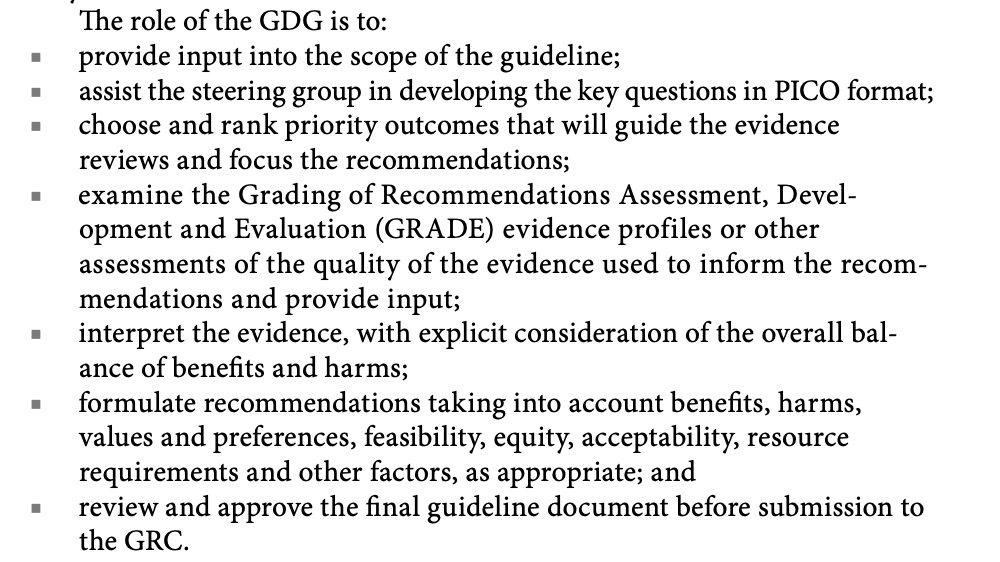
WHO Announces the New Guidelines Committee
The World Health Organization (WHO) has announced the creation of a committee to create sagacious guidelines on the health of trans and gender-diverse adults, which is an important step toward ensuring inclusive and equitable healthcare. In order to address the unique health needs of the trans and gender-diverse community, the creation of this committee is a crucial step. The upcoming guideline is anticipated to offer crucial recommendations for healthcare professionals and decision-makers to enhance the health and wellbeing of trans and gender-diverse adults.
Composition and Goal of the Committee
The committee reportedly consists of 21 individuals from all over the world, including a human rights lawyer, doctors, transgender rights activists, and transgender individuals. This diverse group represents the world’s dedication to ensuring that everyone has access to healthcare, regardless of gender. The committee’s members were revealed in two stages: 14 in June 2023, and an additional seven in December.
Recommendations for Addressing Particular Health Needs
The new set of guidelines aims to address the particular health issues and challenges that the transgender and gender-diverse community faces. Access to gender-affirming care and mental health support are among them, but they are not the only ones. The guidelines emphasize the significance of respecting individuals’ gender identities and experiences while reiterating the right to self-identification.
Problems and Criticism
The WHO has made an effort to improve trans and gender-diverse health care, but the recommendations have come under fire. Concerns about the committee’s composition, the development process, and the exclusion of experts regarding the potential negative effects of puberty-blocking medications have been raised. A petition calling for the WHO to review the committee composition and include a wider range of experts is currently in circulation and has 1,800 signatures.
Conflict of Interest and Bias Addressed
Issues with the development process, bias in the guideline development group’s composition, and possible member conflicts of interest have been brought up. To ensure the reliability and performance of the guidelines, it is crucial to develop evidence-based guidelines and effectively manage conflicts of interest. To ensure that the guidelines truly meet the health needs of the trans and gender-diverse community, these issues must be addressed as the WHO advances this effort.



